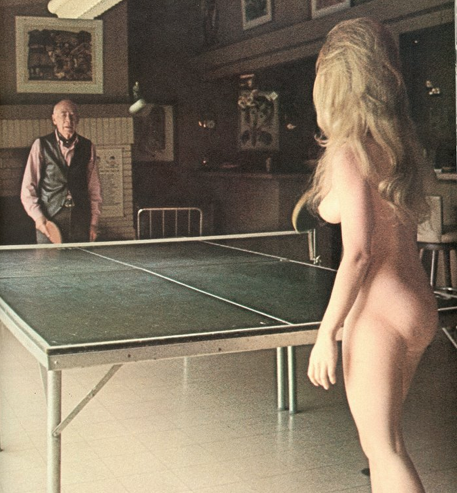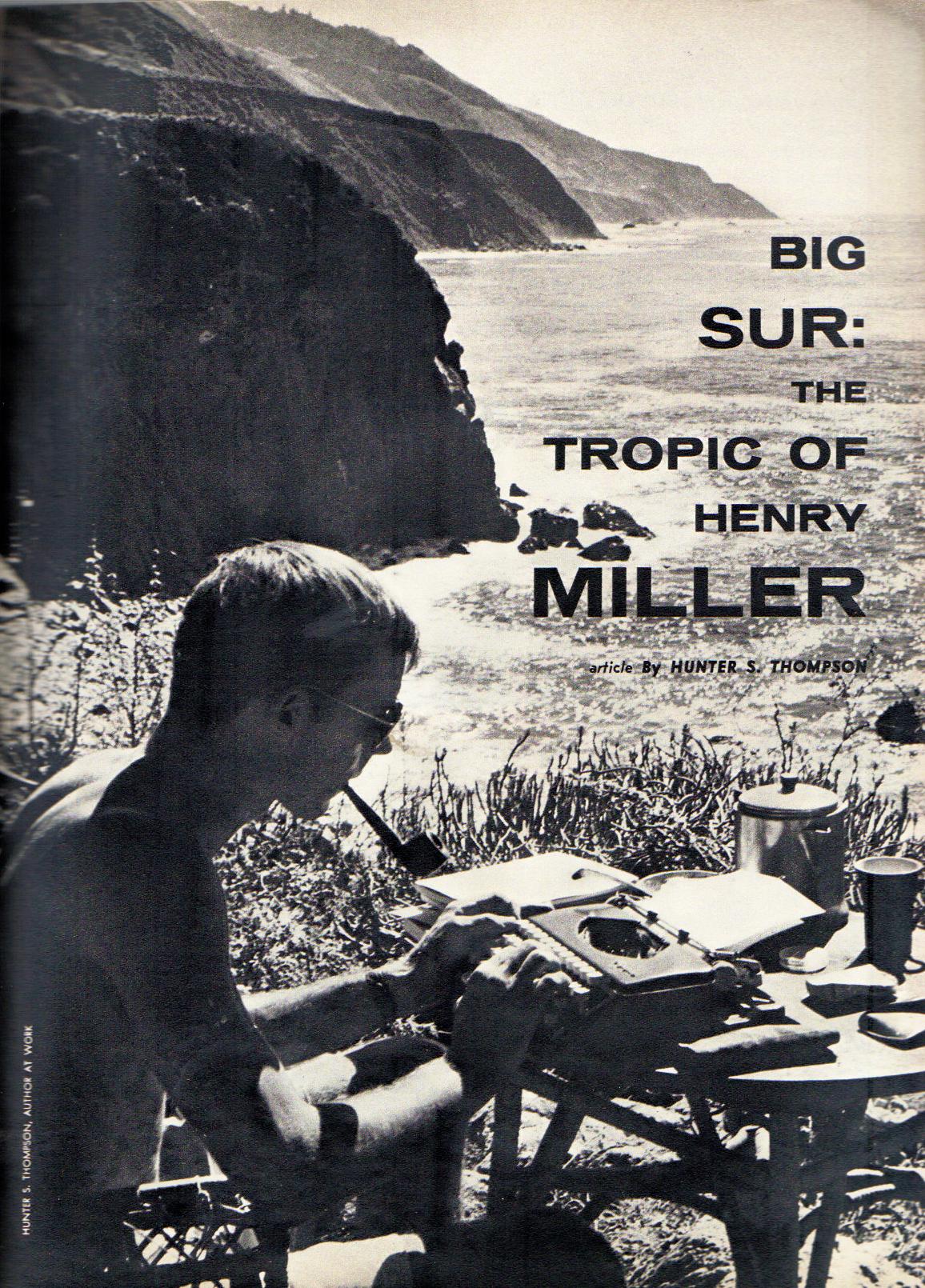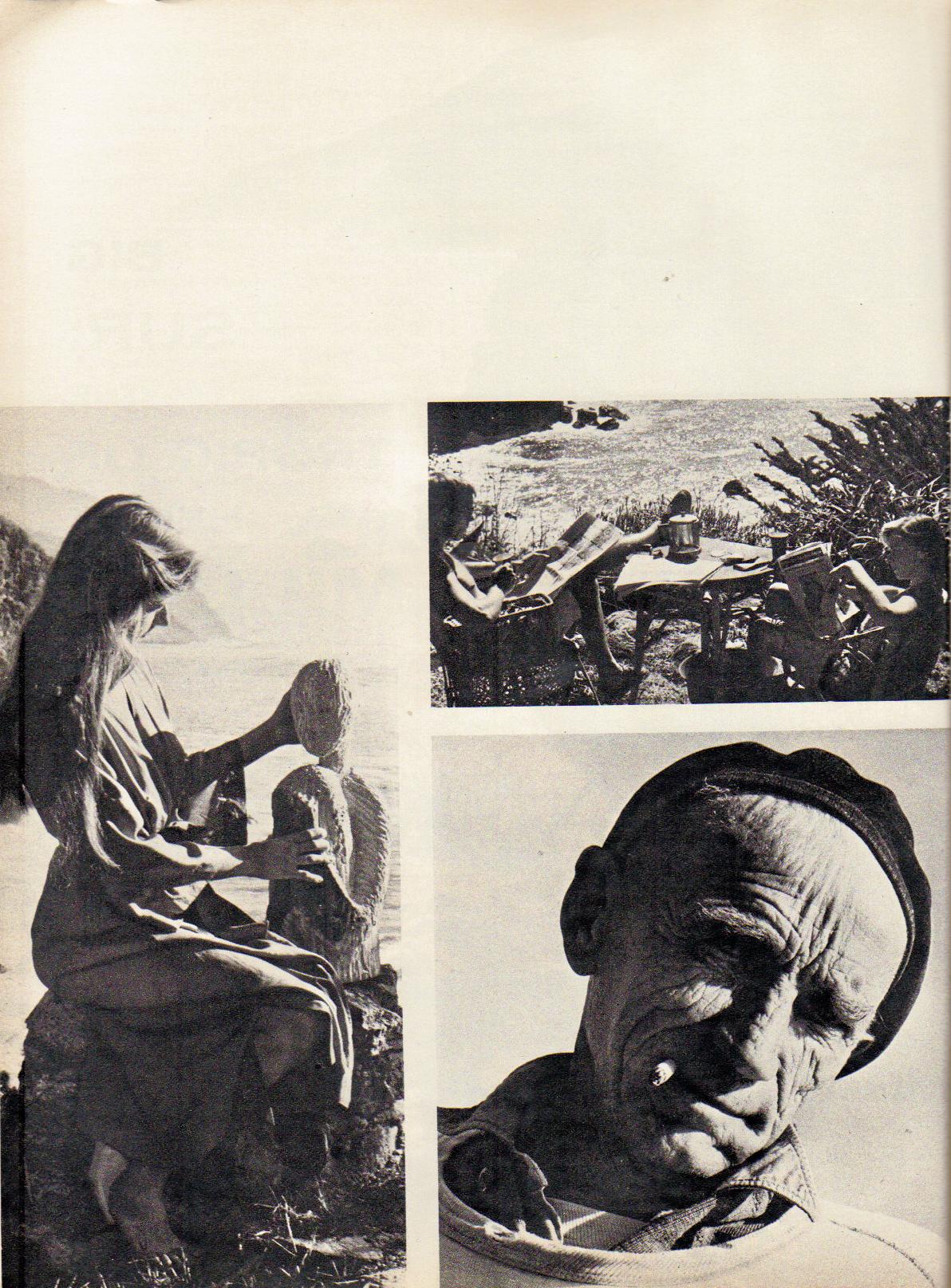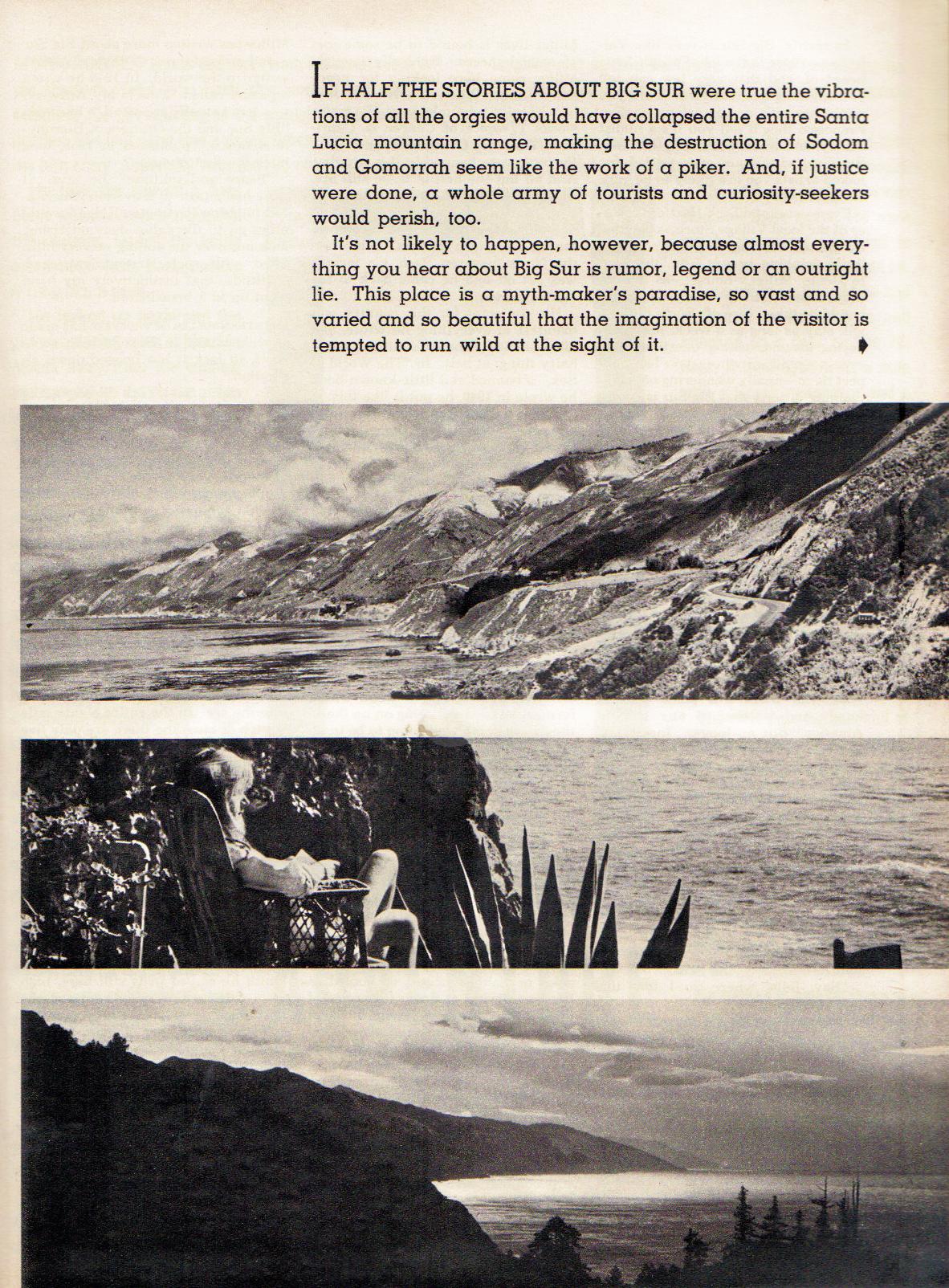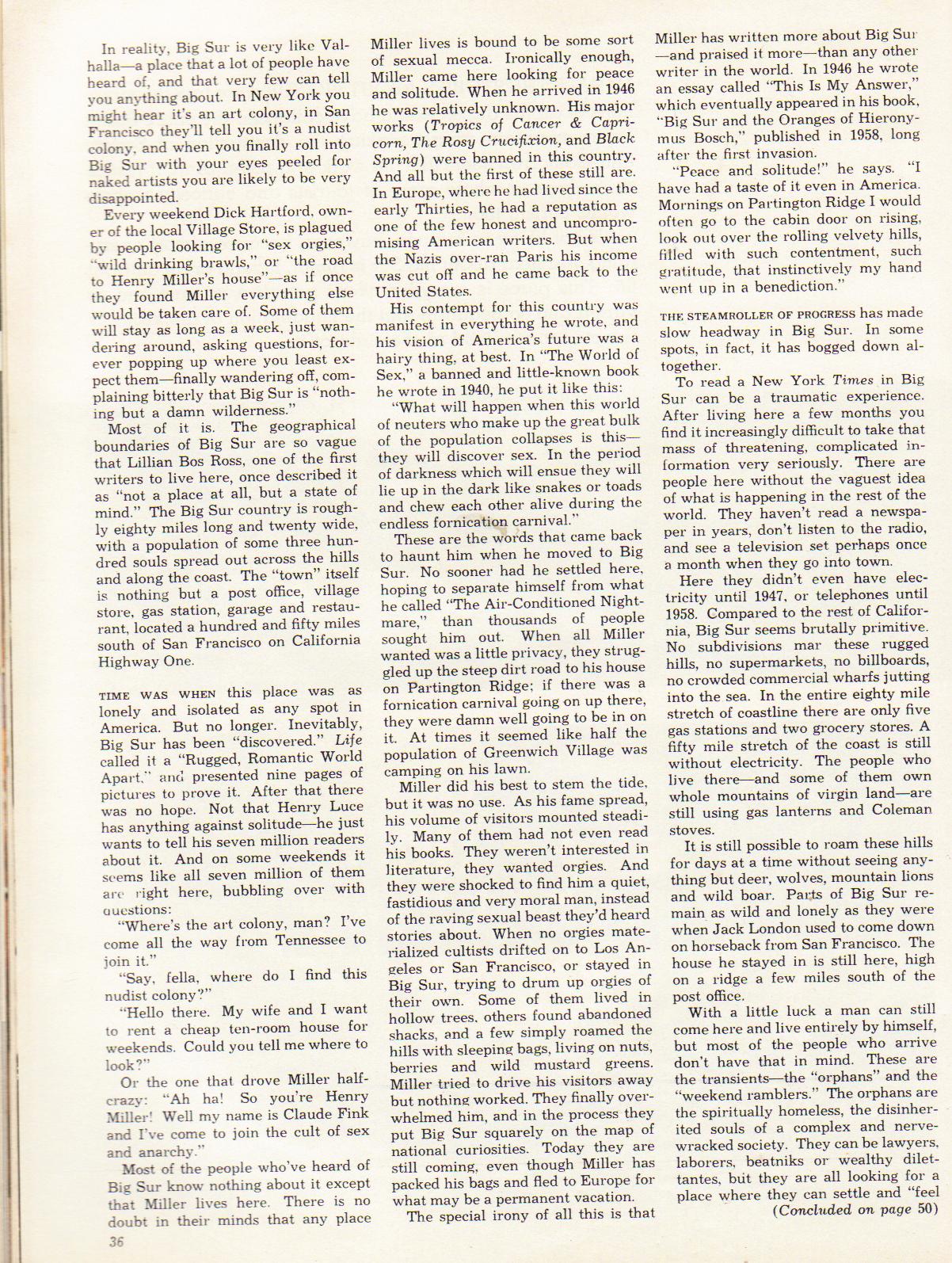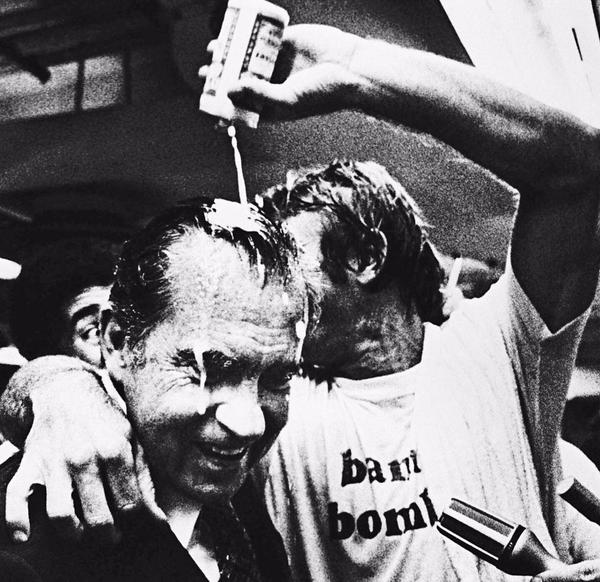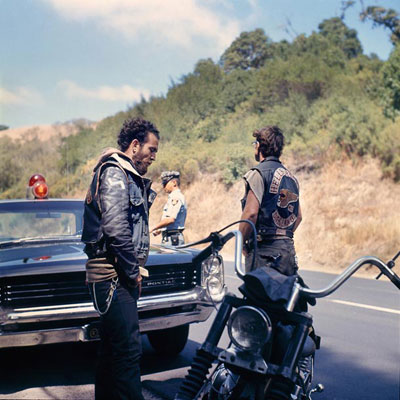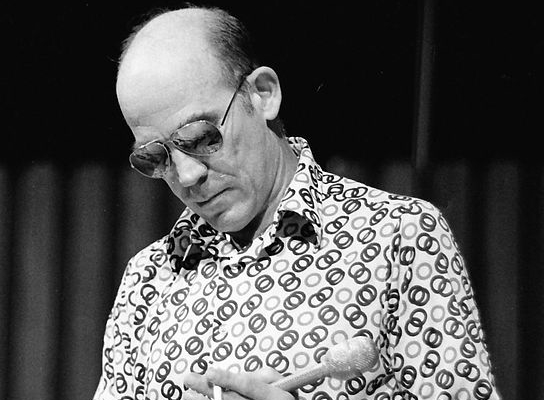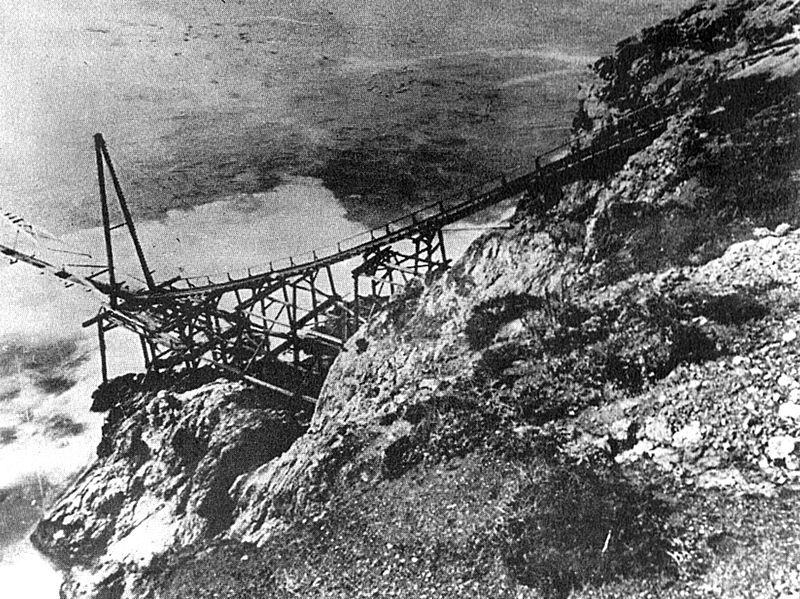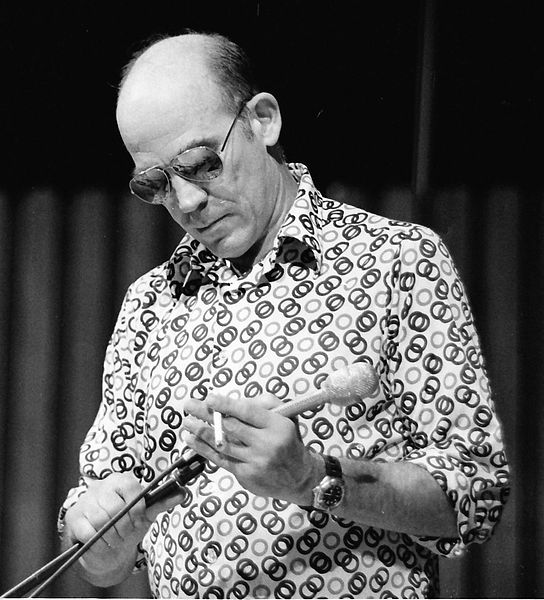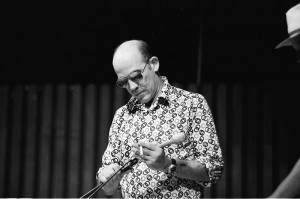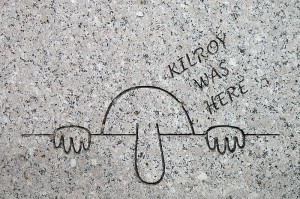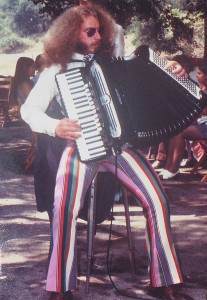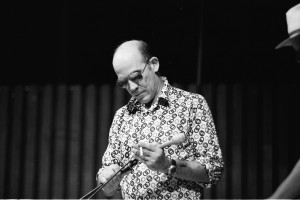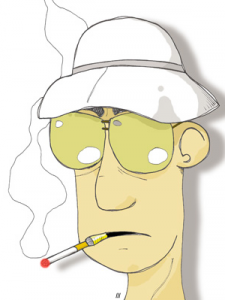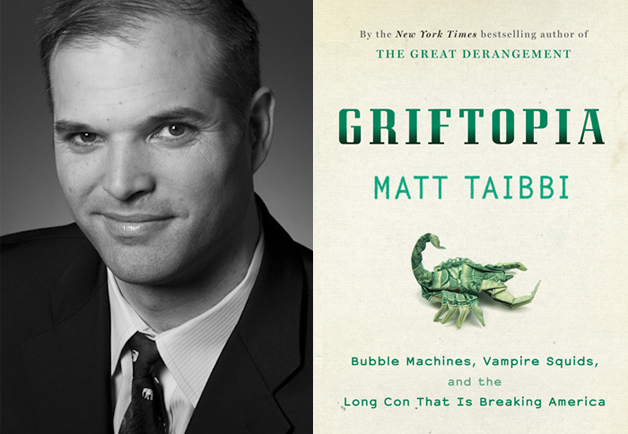
Matt Taibbi is a great talent and his targets in the financial and political sectors are righteous ones, but I still have misgivings about him. I don’t think he exactly rushes to correct himself when he proves to be wrong, and he’s working at a furious pace where he’s had to cut corners that should not be cut. But he’s a fascinating reporter, especially since his sensibilities belong to an earlier, prose-driven, pre-Internet age. He just did an Ask Me Anything on Reddit. A few exchanges follow.
_________________
Question:
Matt, a line of yours is lodged in my head: “Organized greed always defeats disorganized democracy.” Unfortunately, while the animosity of Occupy Wall Street is still strong in early 2013, the disorganization of the movement might be even stronger.
So, if you were in charge of Occupy Wall Street, what single achievable goal would you (re)organize the movement around?
Answer:
Again, to repeat, breaking up the banks is the big thing. That should be the Holy Grail of activist goals. Everything flows from the Too Big To Fail problem. If that can be accomplished, we’re off and running. And it’s not far-fetched. There are a lot of people even in DC coming around to the idea.
____________________________
Question:
Matt, you lived in Russia for a while and wrote about and did a lot of interesting and intense things, like messing with the mob, checking out Siberian prisons, and partying pretty hard. Russia is a place where they kill journalists for merely existing, so my question is: how did you not die?
Answer:
Purely by accident. Honestly, there were some close calls. A lot of bad decisions while I was there, many of them under the influence. One very funny story I’ve never told: I once worked with a Russian paper called “Stringer” to wiretap Alexander Voloshin, Putin’s chief of staff. We published a week of his phone calls. I was so afraid of the consequences, I stayed out of the country when we published. Upon my return I was detained at the airport for 10 hours. I thought I was going to jail for life. In fact, the Russians were simply concerned that the lamination on my passport was coming up in one corner. They thought my passport was fake. Once they reached the embassy, they let me go. But that was one scary 10 hours.
____________________________
Question:
Did you ever meet Hunter S. Thompson?
Answer:
Years ago, when I was in my twenties, I was asked by a book publishing company to edit an anthology of “Gonzo Journalism.” Not long into the project I realized there was no such thing as “Gonzo Journalism” as a genre per se, it just meant “written by Hunter Thompson.” But I was broke and needed the job. So I called Hunter to ask him what he thought. He said, “That’s a shitty assignment.” I told him I probably agreed. He said, “How badly do you need the money?” I said, “Badly.” He said, “Well, good luck, but I’m not going to help you with it. No offense.” I said none taken and that was it. That was the only time I ever talked to Hunter. It was a funny call, though.
____________________________
Question:
Did you really throw your coffee at Vanity Fair’s James Verini when he said he didn’t like your book?
Answer:
I absolutely did throw coffee at James Verini, and it had nothing to do with him not liking my book. Let’s leave it at that for now. I’ll tell the full story someday.


